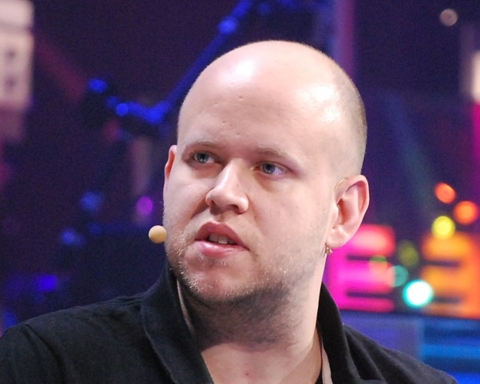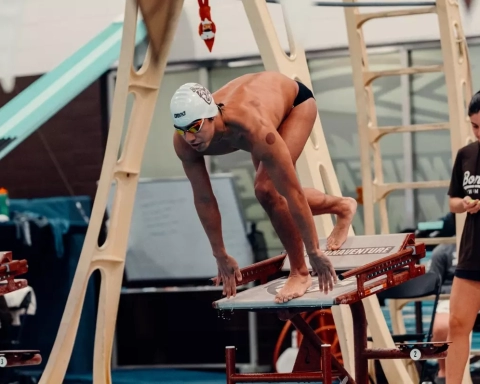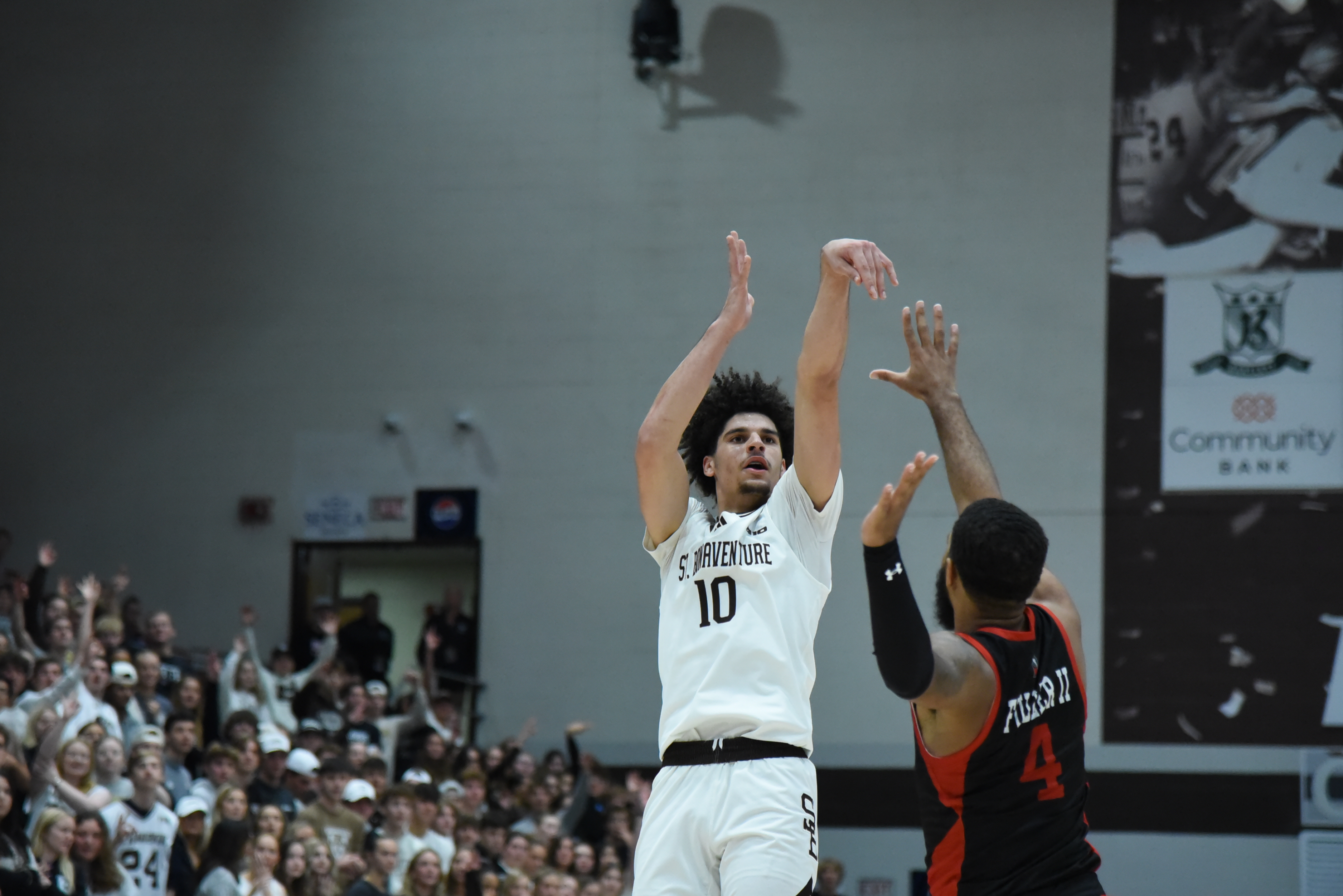By Heather Monahan
Assistant Features Editor
Bonfires, summer jobs, vacations and internships fill the summers of students. Although professors also get summers off, their breaks aren’t always filled with vacations and parties.
Mary Rose Kubal, associate professor of political science, admits while summer is not as stressful as the upcoming fall semester, a lot of work still goes into preparing courses.
Kubal said much of the preparation depends on whether you’re teaching a new course or if you’re just revamping an old course. Another factor that plays into the amount of time dedicated to revising and preparing for courses is the kind of class the professor will be teaching.
“With the new congressional election coming up, I’ll be updating the material more in my Women in Politics course,” Kubal said.
Although Kubal is only teaching one section of Women in Politics, she is also teaching two sections of Introduction to International Studies, and advising senior capstone projects. She said course updates depend on specific course topics and the current events surrounding those subjects.
Because Women in Politics is only taught biannually, Kubal said the course changes each time it is taught. In comparison, her Introduction to International Studies course, taught annually, remains fairly consistent. With the constant change occurring in politics, Kubal said she is continuously changing the material she brings up in the course.
Kubal also said one of the biggest factors influencing the alterations of the courses from year to year are the course evaluations filled out by the students, as well as her own evaluation of the course.
“I take teaching evaluations very seriously and make changes from there,” she said.
For her own personal reflection and evaluation of the course, Kubal said she looks back at assignments given throughout the semester to see what worked best.
“Sometimes you give assignments and don’t get back what you were looking for,” Kubal said.
Maddalena Marinari, assistant professor of history, said she learns from past experiences, too.
“Throughout the semester, I keep a log and write down what readings and assignments work,” Marinari said.
She tries to find what is most interesting and fun for students each semester. She said she recognizes students change what they’re interested in based on current events.
“The syllabi never look the same,” she said.
Whether she tries new things or just rearranges the order of the readings, Marinari said she tries to update the course each semester.
“Even though history is in the past, you have to adapt to the current events going on,” she said.
In addition to the course evaluations and changing current events, both Marinari and Kubal bring their summer experiences to the classroom.
Kubal said most of her summer consisted of research and traveling for various conferences. After going to San Francisco in June for a Latin American Studies Association (LASA) conference, Kubal spent most of July in Europe.
Also a member of the International Political Science Association, Kubal said the meeting for the association in Madrid was similar to the LASA conference she attended in San Francisco. Kubal both presented a paper at the meeting and served as a discussant on another paper presented.
Up until the Saturday before classes started, Kubal was in South America conducting research on public security. Spending time in Argentina and Chile, Kubal compared the public security policies in both of the countries.
Kubal said her experiences over the summer helped her with her courses because she brings her first hand experience into the classroom.
“It’s good to get perspectives to bring to my teachings,” she said.
Marinari had her own international experience this summer. Student leaders from South America spent their summer at Bonaventure with Marinari. During their time on campus, they visited different cities in the United States, did local service projects and took classes to learn history, culture and government.
Marinari said this summer’s experience will definitely help her in the classroom with the three history classes she’s teaching this semester.
“I’ll continue to look at U.S. history with an international perspective,” she said.
Preparations for the fall semester take the entire summer.
“Work on courses is on and off throughout the entire summer,” said Marinari.
Kubal agreed.
“You have to take advantage and be disciplined over break.”








